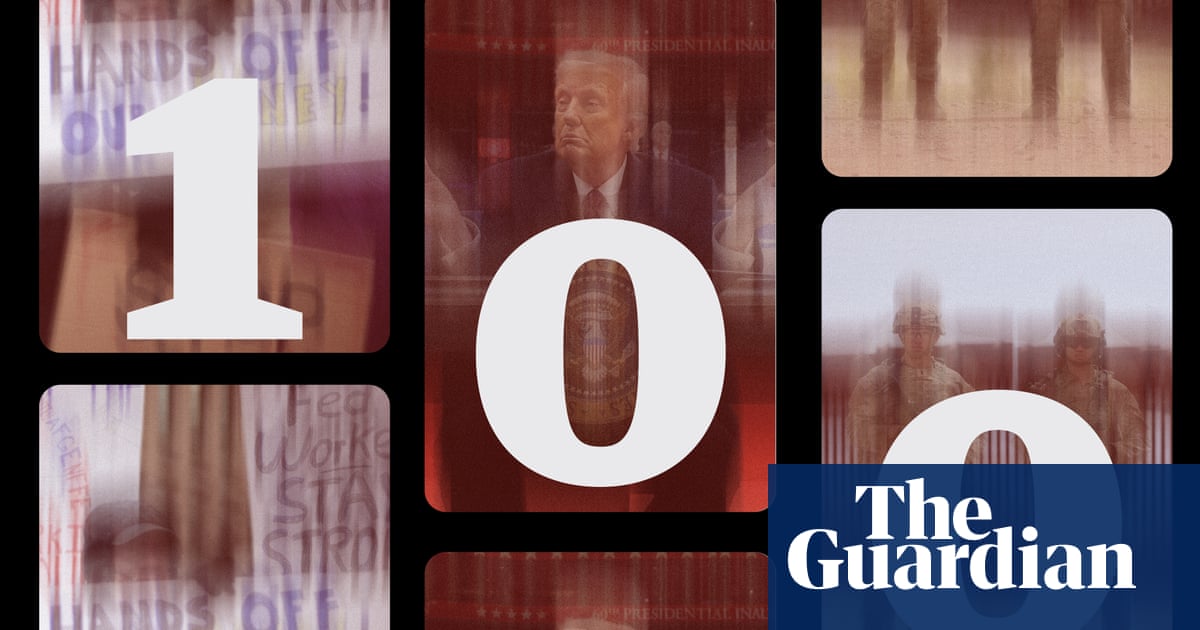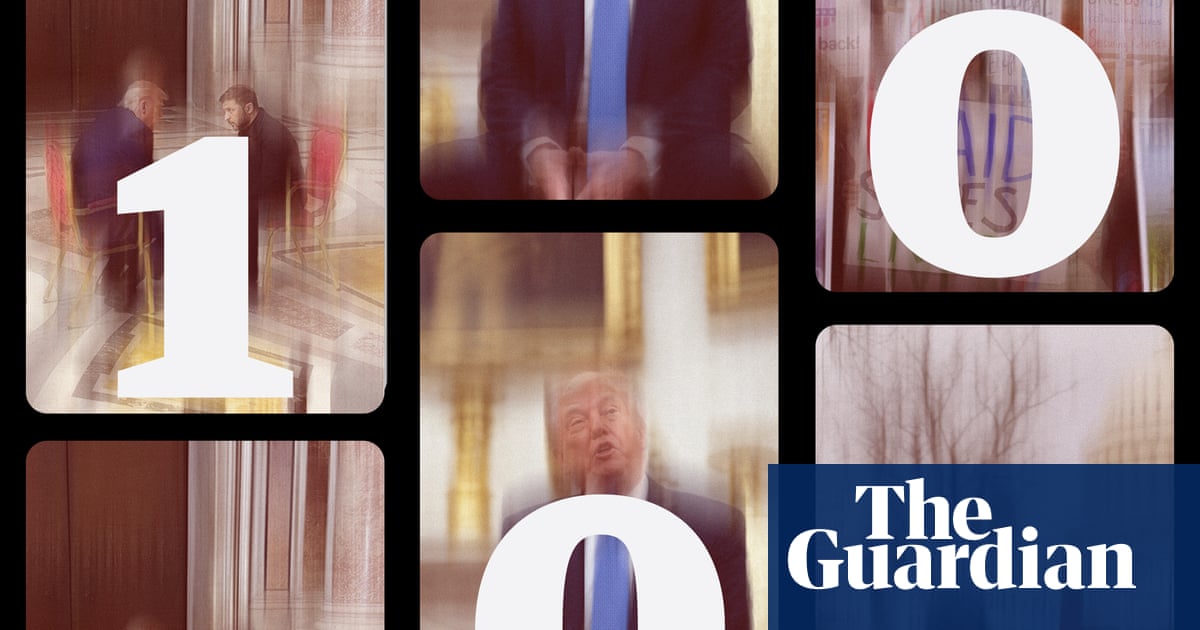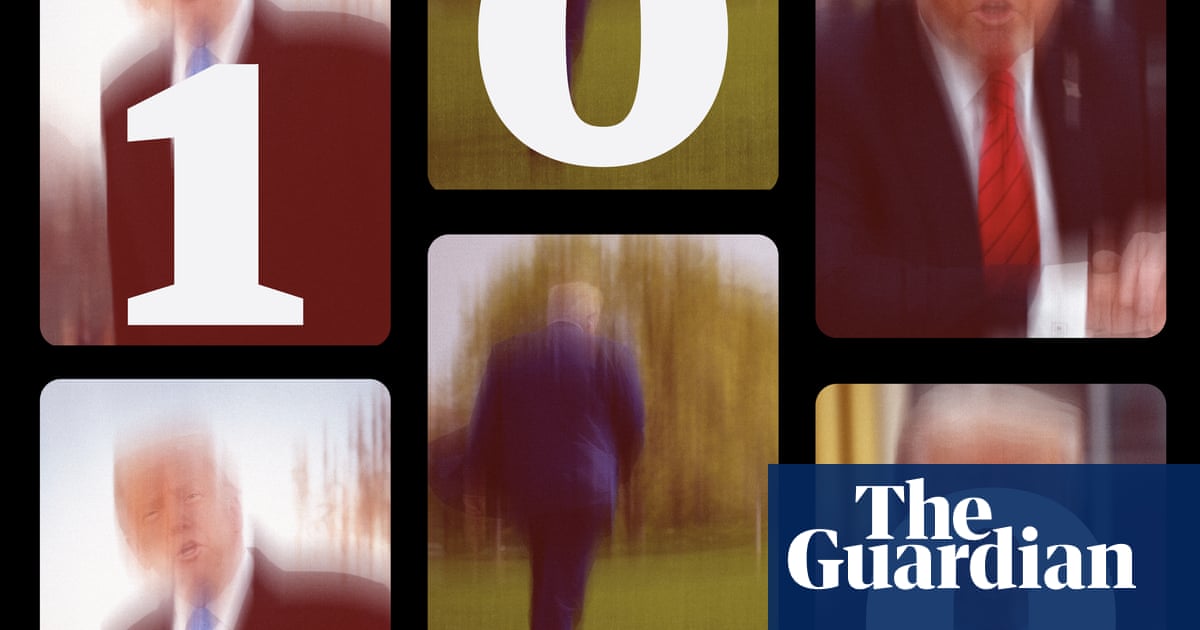The US supreme court will hear arguments in a case involving the regulation of “ghost guns” – firearms without serial numbers that are built from kits that people can order online and assemble at home. Garland v VanDerStok is the first in a series of high-profile arguments the court will hear in what is likely to be a contentious term.
As ghost guns were increasingly used in crimes – including 1,200 homicides and attempted homicides between 2016 and 2022, according to the Bureau of Alcohol, Tobacco and Firearms – the Biden administration issued new rules regulating them in 2022. The new ATF rule classified ghost gun kits as firearms under the Gun Control Act of 1968, the US’s main firearms law – making them subject to the same regulations as all other guns.
Since the rule went into effect, police departments in cities like New York, Los Angeles and Philadelphia have all recovered fewer ghost guns at crime scenes.
However, firearms manufacturers and gun-rights groups quickly sued to block the ATF rule. A federal district court judge in Texas ruled against the ATF in 2023 – but the Biden administration appealed the decision to the fifth circuit court of appeals. While that decision was pending, the supreme court intervened to keep the regulation in effect, by a narrow 5-4 vote. The fifth circuit ultimately ruled against the Biden administration, which then appealed the case to the supreme court.
Garland v VanDerStok will require the supreme court to consider issues of firearm policy, but also the extent of federal regulatory powers. The court has been resistant to regulate guns in recent years, issuing decisions like a 2022 ruling striking down New York state’s ban on concealed carry firearms and a decision earlier this year overturning a ban on bump stocks.
At the same time, the court has been wary of federal regulatory power, overturning a 40-year-old legal precedent known as Chevron deference, which allowed agencies like the ATF to broadly interpret the laws they are charged with implementing, earlier this year.
Yet, the fact that two conservative justices, John G Roberts Jr and Amy Coney Barrett, sided with the court’s liberal justices in temporarily allowing the ATF rule to go into effect as it worked its way through the courts, suggests there may be support for reversing the lower courts’ rulings.
Whichever way the supreme court rules, its decision will only apply to federal regulations – not to the state laws currently guiding ghost guns in more than 15 states.
Ghost guns, which can be assembled at home in under an hour to produce a fully functional weapon, used to be rare, except among hobbyists. In 2016, police recovered about 1,800 such firearms. But by 2021, that number had soared to nearly 20,000, according to the justice department. The weapons’ popularity was in part tied to the fact they were not regulated like already assembled firearms: they had no serial number, no sales records and did not require a background check.

 8 months ago
8 months ago
 (200 x 200 px).png)








 English (US) ·
English (US) ·